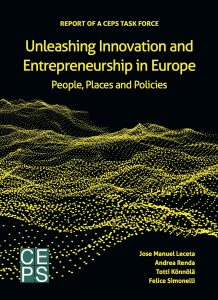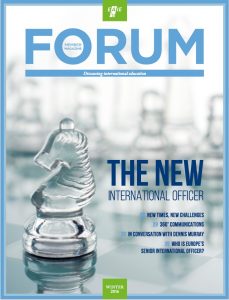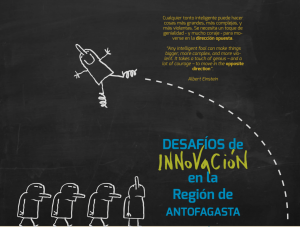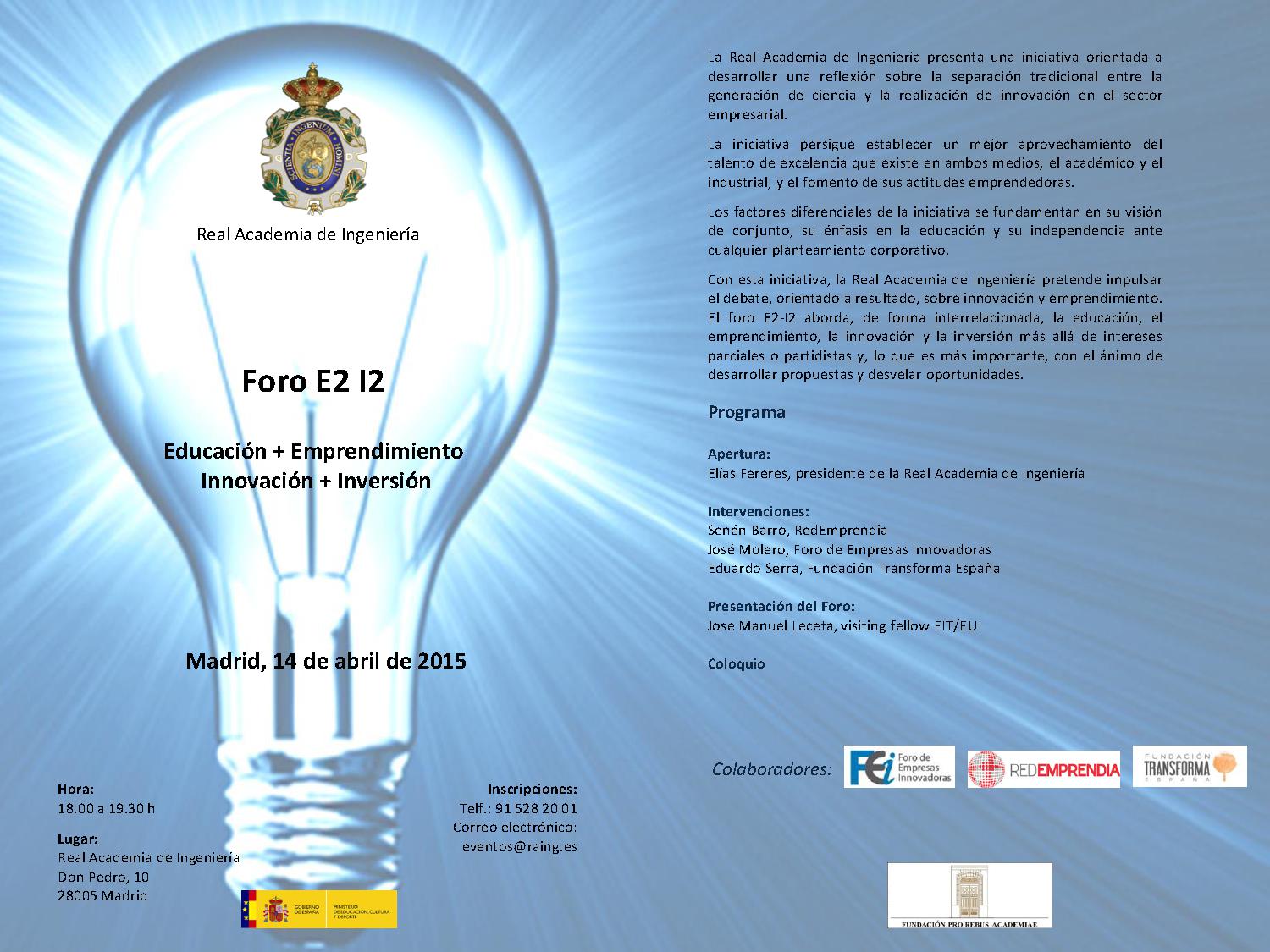 IFI co-authored a book that sets out the elements for the design of a streamlined and future-proof policy on innovation and entrepreneurship in Europe. It is the result of a collective effort led by CEPS, which formed a Task Force on Innovation and Entrepreneurship in the EU, composed of authoritative scholars, industry experts, entrepreneurs, practitioners and representatives of EU and international institutions. The result of these deliberations is a set of policy recommendations aimed at improving the overall environment and approach for entrepreneurship and innovation in Europe and a new paradigmatic understanding of the role that innovation and entrepreneurship can and should play within the overall context of EU policy. These recommendations are based on a new, multi-dimensional approach to both innovation and entrepreneurship as social phenomena and to the policies that are meant to promote them.
IFI co-authored a book that sets out the elements for the design of a streamlined and future-proof policy on innovation and entrepreneurship in Europe. It is the result of a collective effort led by CEPS, which formed a Task Force on Innovation and Entrepreneurship in the EU, composed of authoritative scholars, industry experts, entrepreneurs, practitioners and representatives of EU and international institutions. The result of these deliberations is a set of policy recommendations aimed at improving the overall environment and approach for entrepreneurship and innovation in Europe and a new paradigmatic understanding of the role that innovation and entrepreneurship can and should play within the overall context of EU policy. These recommendations are based on a new, multi-dimensional approach to both innovation and entrepreneurship as social phenomena and to the policies that are meant to promote them.
The Task Force was chaired by José Manuel Leceta, former Chairman and Co-founder of Insight Foresight Institute (IFI), currently DG of Red.es. Andrea Renda, CEPS Senior Research Fellow, Totti Könnölä, Managing Director and Co-founder of Insight Foresight Institute and Felice Simonelli, CEPS Research Fellow, served as rapporteurs.
image©CEPS
 Luis Delgado and Totti Könnölä (CEO of IFI) write in the EAIE Magazine on the role of international officers in Spanish universities. The analysis of job offers for international officers in higher education in Spain leads to the conclusion that their main goal is to support the recruitment of international students. They often work within recruitment teams, managing sales channels for specific regions to fulfil the university´s recruitment objectives. Nowadays, however, the concept of internationalisation of higher education should go far beyond student recruitment, the mere mobility of student, or the signing of international agreements. There is much more to a career in international higher education!
Luis Delgado and Totti Könnölä (CEO of IFI) write in the EAIE Magazine on the role of international officers in Spanish universities. The analysis of job offers for international officers in higher education in Spain leads to the conclusion that their main goal is to support the recruitment of international students. They often work within recruitment teams, managing sales channels for specific regions to fulfil the university´s recruitment objectives. Nowadays, however, the concept of internationalisation of higher education should go far beyond student recruitment, the mere mobility of student, or the signing of international agreements. There is much more to a career in international higher education! The co-founder of IFI, Totti Könnölä co-authored the European Foresight Platform brief on the foresight programme, of which overall objective was to enhance innovation-driven sustainable economic development of the Antofagasta region in Chile. The main purposes of the foresight
The co-founder of IFI, Totti Könnölä co-authored the European Foresight Platform brief on the foresight programme, of which overall objective was to enhance innovation-driven sustainable economic development of the Antofagasta region in Chile. The main purposes of the foresight